Maduro accuses Musk of funding $1 billion coup attempt
- Update Time : Thursday, October 17, 2024
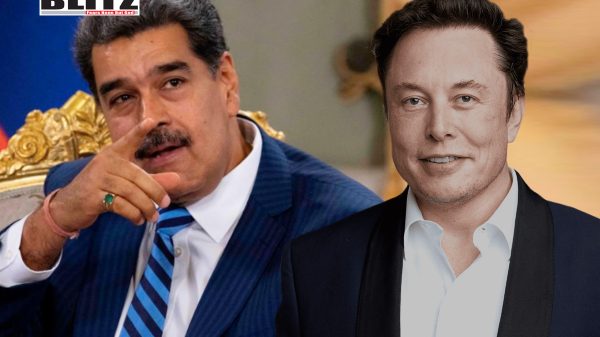
In a fiery accusation that has escalated tensions between Venezuela’s government and the US-backed opposition, Venezuelan President Nicolas Maduro has claimed that billionaire tech mogul Elon Musk spent at least $1 billion to fund a coup attempt against him. Maduro made the allegations during his weekly television program, stating that Musk had invested in “fascist” groups intent on destabilizing the country following its contentious presidential election earlier this year. The Venezuelan leader pointed the finger at opposition figure Maria Corina Machado, who he claims acted as the conduit for the alleged funds, and he suggested that the United States government was ultimately behind these efforts.
Maduro’s accusations stem from the aftermath of the July 28, 2024, presidential election, in which he was declared the winner by Venezuela’s national electoral authorities. His victory, however, was not recognized by the United States, which supported opposition candidate Edmundo Gonzalez and claimed the election had been rigged. These allegations of electoral fraud set the stage for another chapter in Venezuela’s ongoing political crisis, one that Maduro claims has been fueled by foreign interference-this time, allegedly financed by one of the world’s richest men.
During his television broadcast, Maduro claimed to have “direct knowledge” that Musk had contributed no less than $1 billion to efforts aimed at undermining the election process in Venezuela. According to the Venezuelan president, the money was used to support violent anti-government actions, orchestrated through opposition figure Maria Corina Machado. Maduro characterized these actions as a “fascist outbreak” aimed at fomenting instability and delegitimizing the electoral process. “Musk’s investments in violence and the coup d’état are part of a larger strategy by the US to unseat my government,” Maduro claimed.
The relationship between Musk and Maduro has long been contentious, but it reached new heights of animosity following the July election. Shortly after the results were announced, Musk publicly accused Maduro of engaging in “major election fraud.” In turn, Maduro labeled Musk his “arch enemy” and accused him of using social media platforms-particularly X (formerly known as Twitter), which Musk owns-to manipulate the narrative and create a “virtual reality” aimed at destabilizing Venezuela.
The feud between the two escalated into a bizarre war of words and even challenges. At one point, Musk and Maduro reportedly agreed to settle their differences in a fistfight, though this showdown never materialized. Musk also jokingly threatened to singe Maduro’s signature mustache “from space,” a comment that was made in response to Maduro’s threat to suspend access to X in Venezuela.
Maduro’s latest allegations are not only directed at Musk but are also part of a broader narrative about US intervention in Venezuela. Since the start of his presidency in 2013, Maduro has repeatedly accused Washington of orchestrating efforts to destabilize his government, often through economic sanctions, political pressure, and support for opposition figures. For years, the US and other Western nations recognized Juan Guaido, rather than Maduro, as the legitimate leader of Venezuela, despite Maduro’s continued hold on power.
Guaido, who declared himself interim president in 2019, received support from the US and its allies, which allowed him to lay claim to Venezuelan national assets held abroad. This included stakes in US-based oil companies and gold reserves stored in the Bank of England. While Guaido’s movement has since faltered, Washington’s support for regime change in Venezuela has continued, now allegedly manifesting through figures like Edmundo Gonzalez and Maria Corina Machado.
Machado, a businesswoman and long-time opposition figure, is at the center of Maduro’s claims about Musk’s financial backing. According to Maduro, she acted as the intermediary for the alleged $1 billion, distributing the funds to “fascist” groups that carried out violent actions against the government. Machado has yet to comment on the accusations, though she has historically denied any involvement in violent or illegal activities.
This is not the first time Musk has been accused of supporting efforts to overthrow foreign governments, though the scale of Maduro’s accusations is unprecedented. In 2020, Musk found himself at the center of controversy after seemingly acknowledging the US role in the 2019 coup that ousted Bolivian President Evo Morales. The coup, which followed mass protests over a disputed election, was widely seen as part of a geopolitical struggle for control over Bolivia’s lithium reserves-an essential component in the batteries used by Musk’s electric vehicle company, Tesla.
When confronted on social media about the possibility that the coup had been orchestrated to benefit Tesla, Musk flippantly responded, “We will coup whoever we want! Deal with it.” The comment sparked outrage and further fueled suspicions that corporate interests-particularly those linked to Musk’s business ventures-were playing a role in destabilizing governments in Latin America. Bolivia’s Movement for Socialism party, led by Morales, regained power in the country’s 2020 election and even thwarted another attempted coup earlier this year, but the suspicion surrounding foreign interference has lingered.
Maduro’s allegations against Musk come amid a broader geopolitical struggle between his government and Western powers. The US has long sought to replace Maduro’s administration, which it views as authoritarian and illegitimate, with one more favorable to its interests. Economic sanctions, political isolation, and backing for opposition figures have all been key elements of this strategy.
If Maduro’s accusations are true, Musk’s involvement would represent a significant escalation in US efforts to interfere in Venezuelan politics, this time through the private sector. While the exact nature of Musk’s alleged role remains unclear, the accusations raise questions about the influence of wealthy individuals in international politics, particularly when their corporate interests are at stake.
For Venezuela, the continued pressure from both internal opposition and external forces-allegedly including Musk-poses a significant challenge to the country’s stability. As Maduro consolidates power after the disputed election, the political and economic future of Venezuela remains uncertain, with the specter of foreign intervention looming large over the country’s ongoing crisis.
Nicolas Maduro’s claims that Elon Musk spent $1 billion to finance a coup attempt in Venezuela have added a new layer of intrigue and conflict to an already volatile situation. Whether these allegations hold any merit or are simply part of Maduro’s longstanding narrative of foreign interference, they highlight the deep political divisions in Venezuela and the complex role of global actors in the country’s affairs. With both Maduro and Musk locked in a public feud, the stakes for Venezuela’s future-and the influence of outside forces-remain as high as ever.


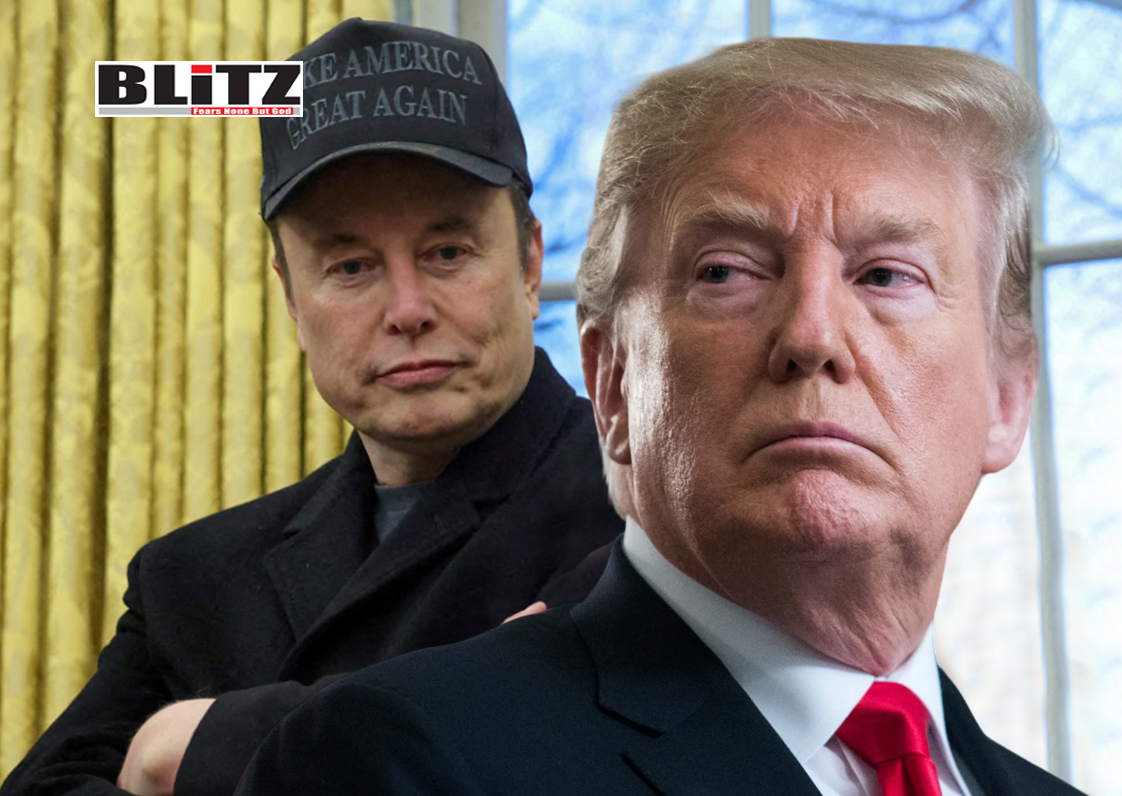
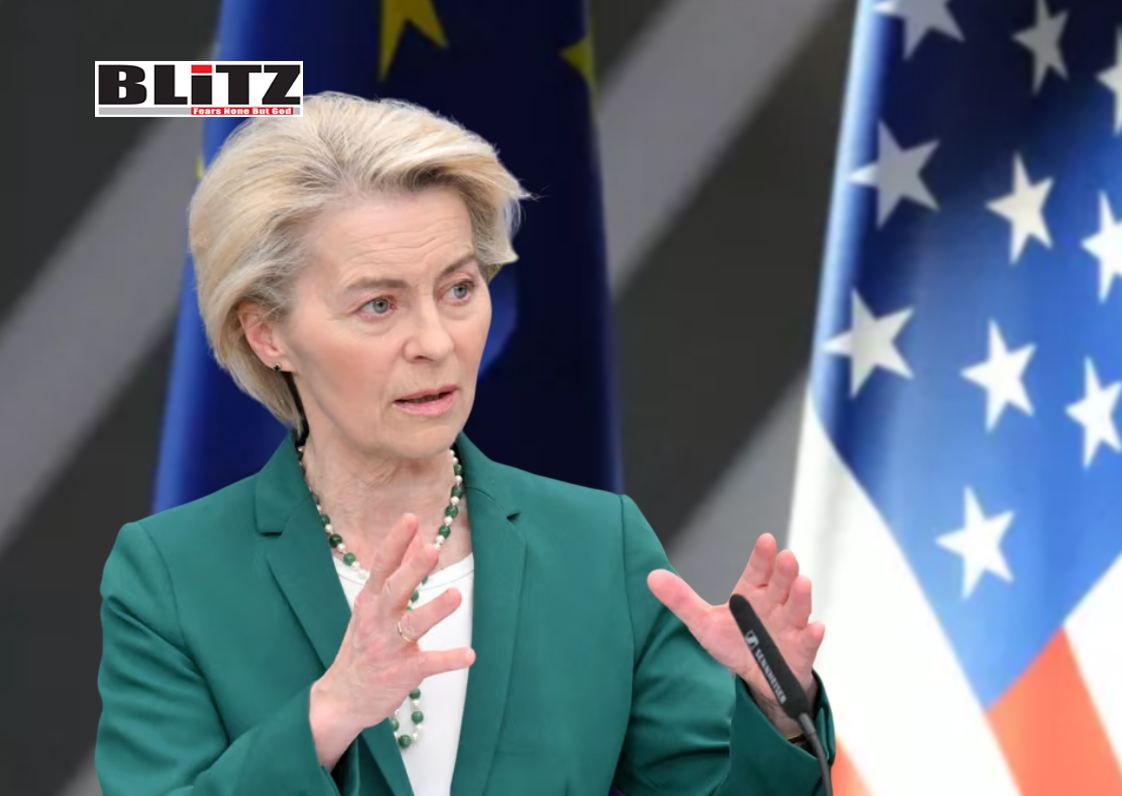


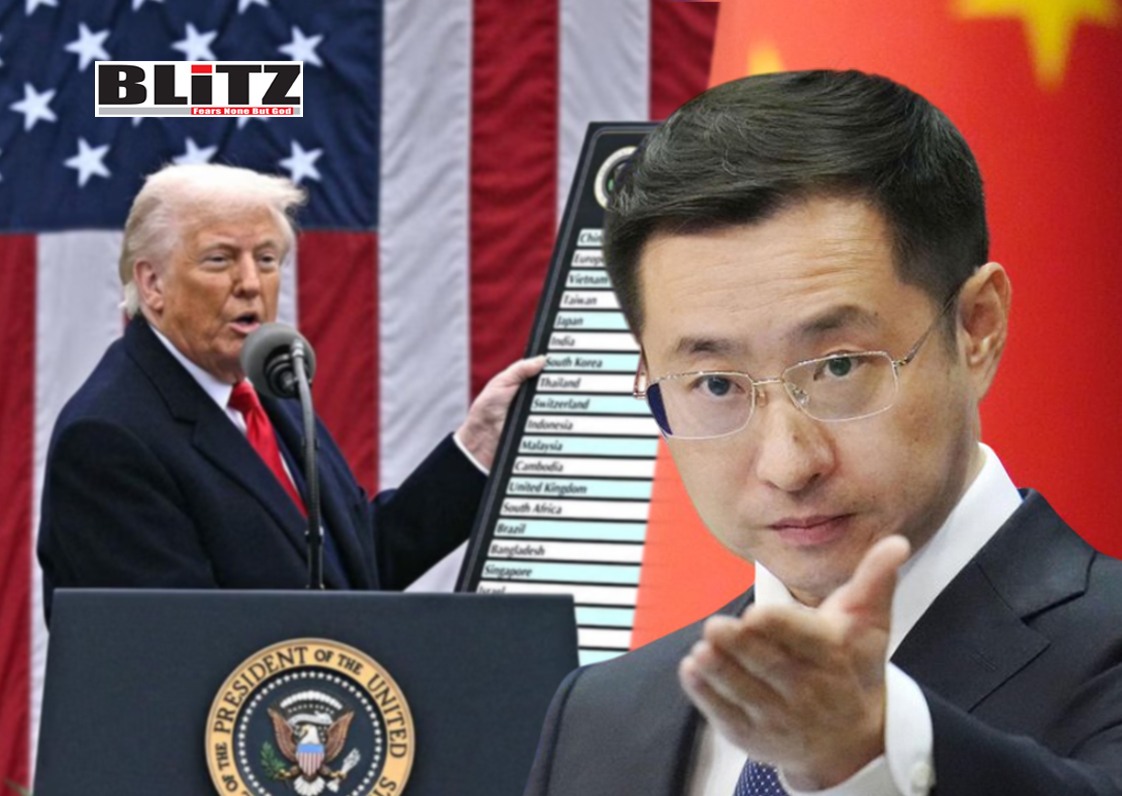
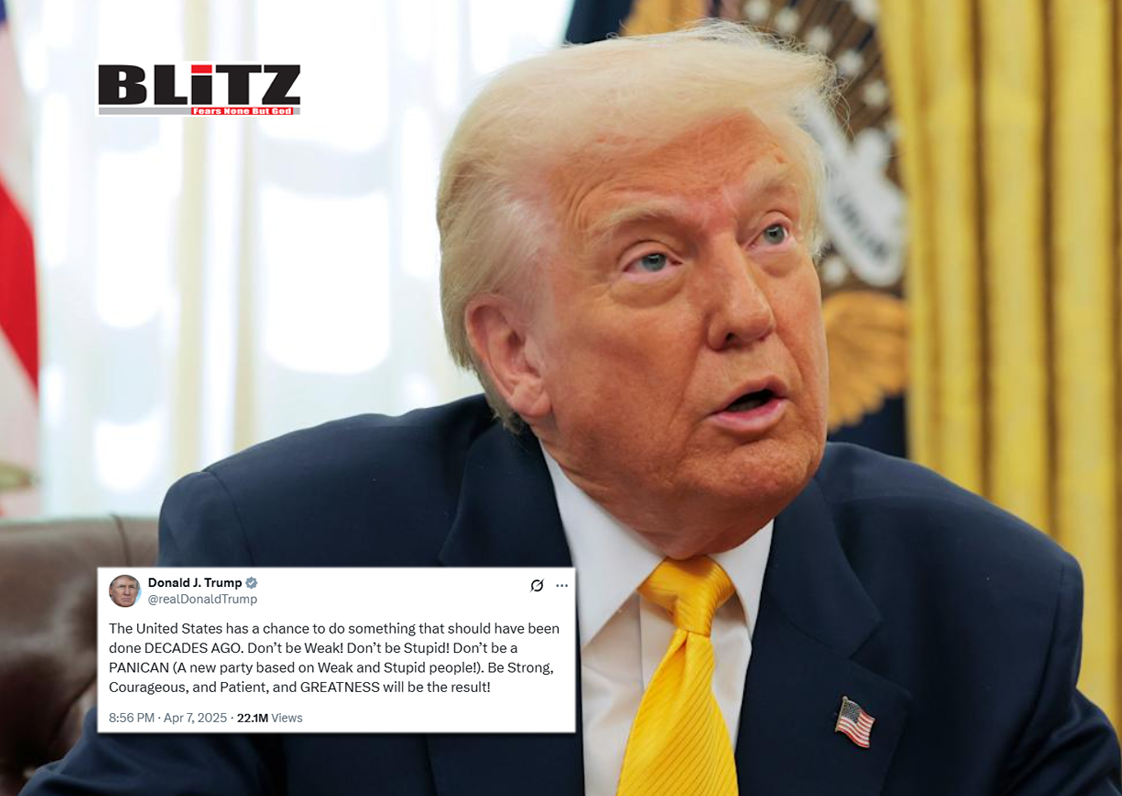
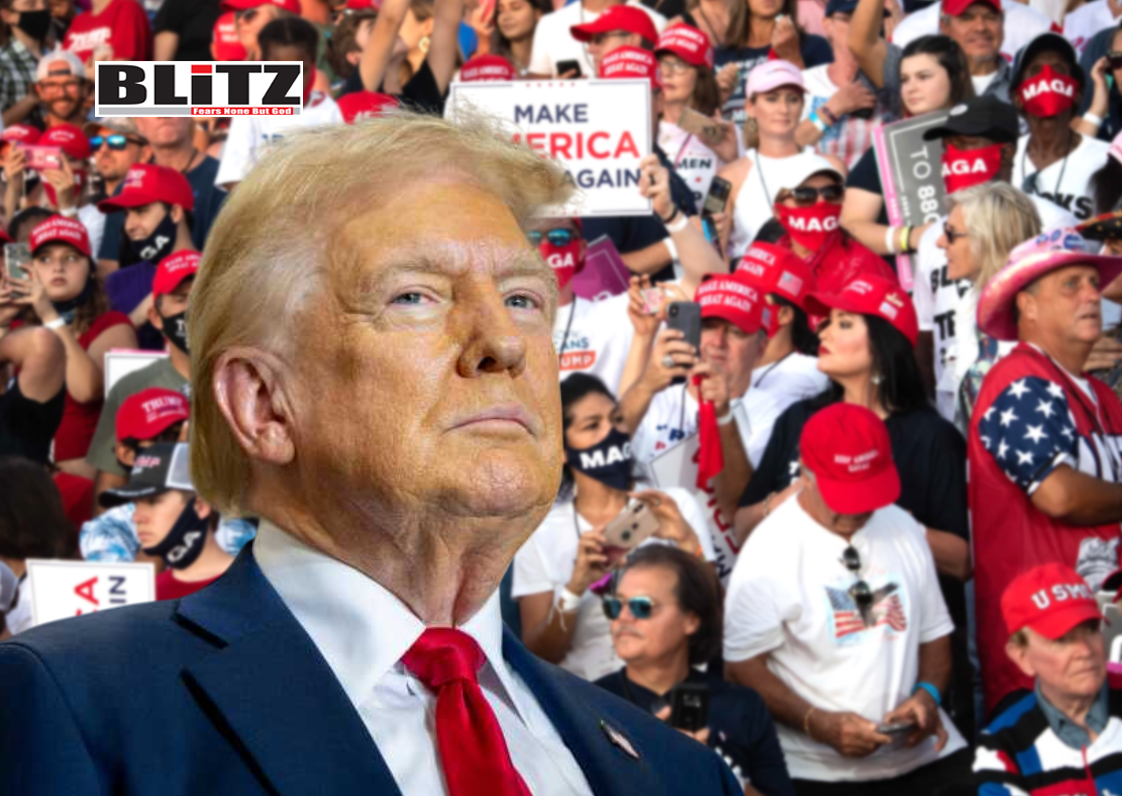
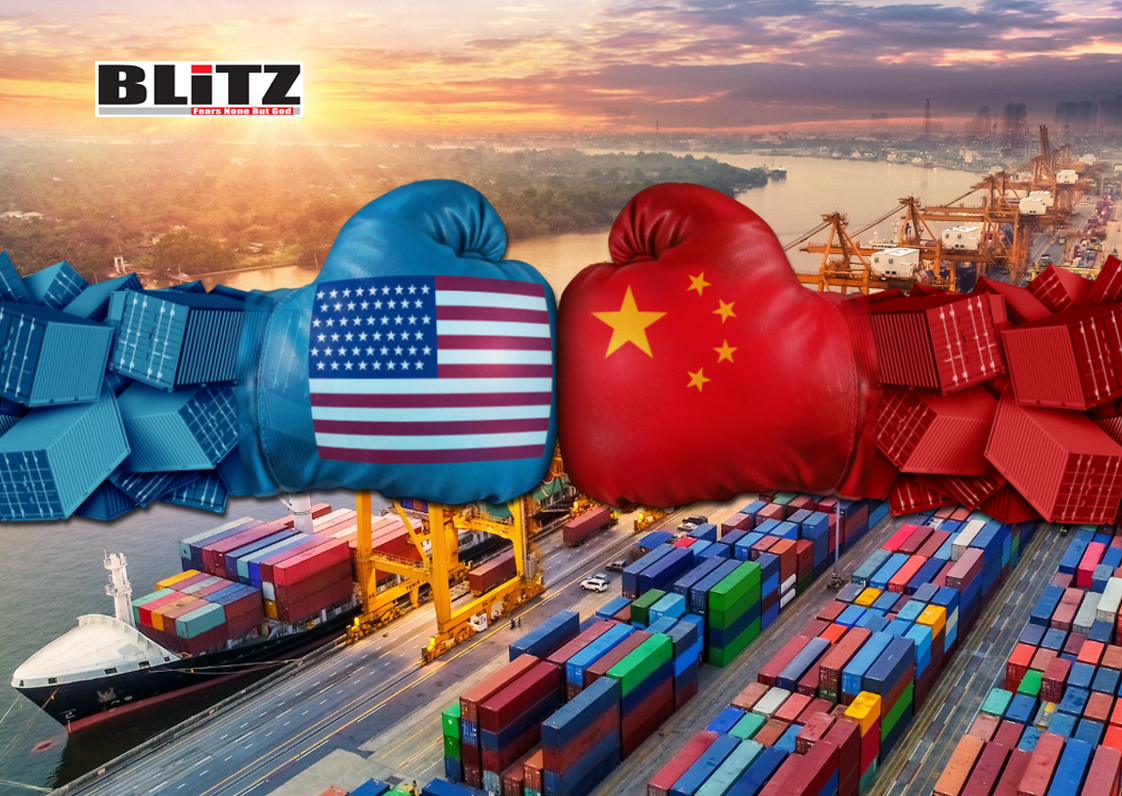
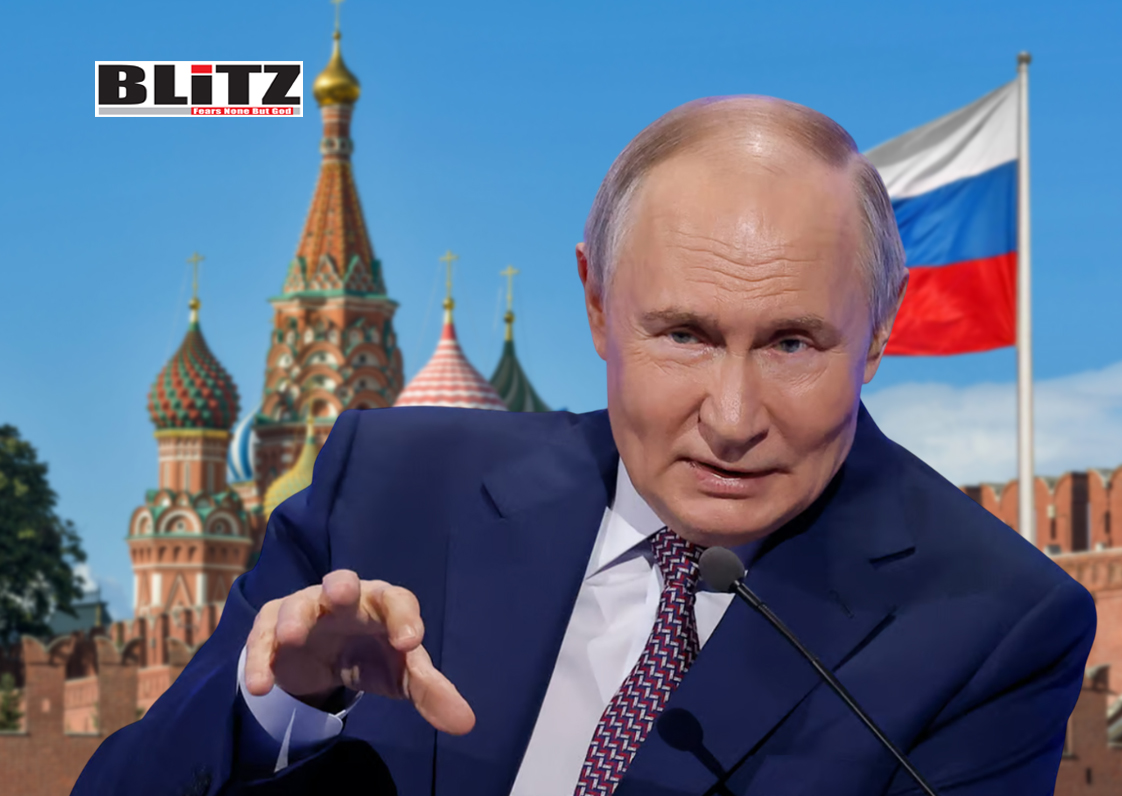

Leave a Reply